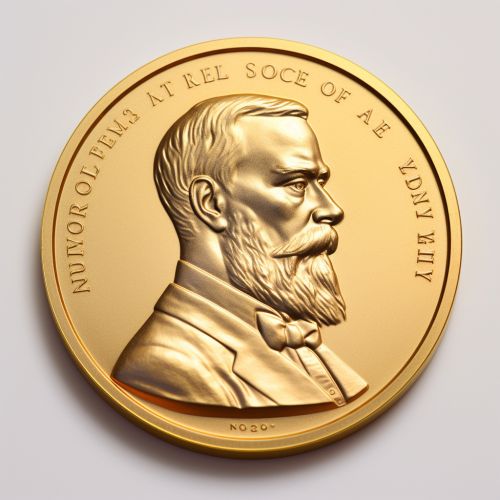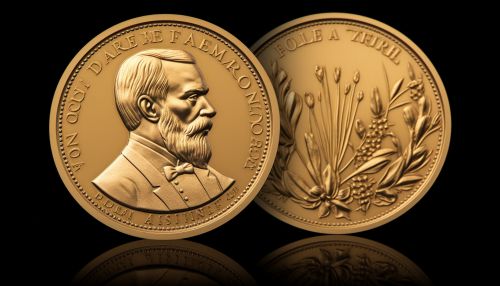Nobel Prize in Physiology or Medicine
Overview
The Nobel Prize in Physiology or Medicine is one of the six Nobel Prizes established by the will of inventor Alfred Nobel. It has been awarded annually (with some exceptions) by the Nobel Assembly at the Karolinska Institute to scientists and doctors who have made significant contributions to their field.


History
The Nobel Prize in Physiology or Medicine was first awarded in 1901 to Emil von Behring, for his work on serum therapy. This set a precedent for the award, which has since been given to those who have made significant contributions to medical research and discoveries.
Selection Process
The selection process for the Nobel Prize in Physiology or Medicine is rigorous and secretive. It begins with the sending of forms to around three thousand selected individuals, usually in September the year before the prizes are awarded. The deadline to return the forms is usually the end of January. The Nobel Committee then reviews the nominations and selects the laureates through majority vote. The Nobel Committee is composed of five members elected by The Nobel Assembly. In the past, the Nobel Prize in Physiology or Medicine has been awarded to individuals, teams of two, and even teams of three.
Notable Laureates
Over the years, the Nobel Prize in Physiology or Medicine has been awarded to many notable laureates. In 1923, Frederick Banting and John James Rickard Macleod were awarded for the discovery of insulin. In 1952, Selman Waksman was awarded for his discovery of streptomycin. More recently, in 2020, Harvey J. Alter, Michael Houghton, and Charles M. Rice were awarded for their discovery of Hepatitis C virus.
Controversies and Criticisms
Despite its prestige, the Nobel Prize in Physiology or Medicine has been the subject of controversy and criticism. Some critics argue that the prize is too Eurocentric, as the majority of laureates are from Western countries. Others argue that the prize does not adequately recognize the collaborative nature of modern medical research, and that it often overlooks key contributors to important discoveries.
